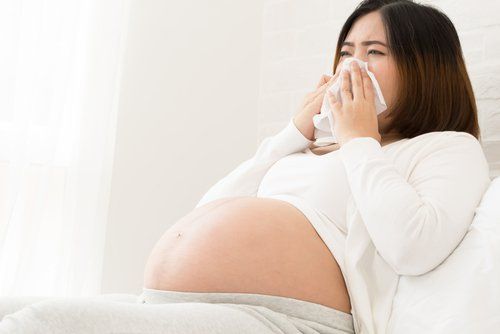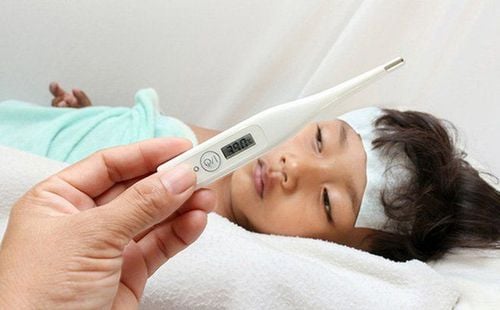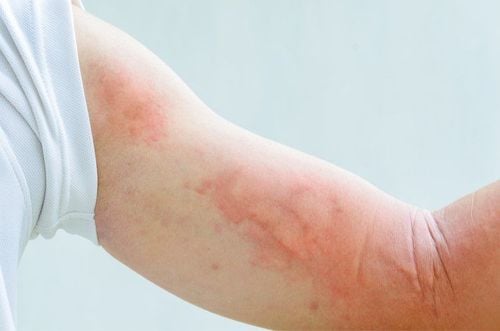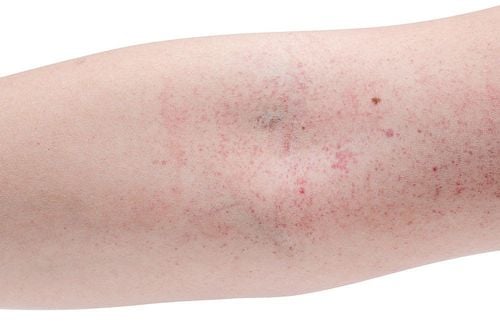This is an automatically translated article.
Dengue hemorrhagic fever outbreaks from 2019 to now tend to increase rapidly in localities. In high-rise apartments, although the mosquito density is low, there is a risk of forming stagnant water reservoirs, favorable for mosquitoes to lay eggs and multiply.1. Dengue hemorrhagic fever is spreading on a large scale
Dengue fever in 2019 is happening very complicatedly. Since the beginning of the year, the whole country has recorded over 105,000 dengue patients, of which 10 died. The current time is the peak of the epidemic season, accompanied by unusually changing weather with prolonged hot sun and heavy rains, which are favorable conditions for disease-transmitting mosquitoes to multiply and thrive.
It is forecasted that in the near future, the number of dengue hemorrhagic fever cases will continue to increase and spread on a large scale if local people do not actively and drastically implement epidemic prevention measures. As for the authorities at all levels, in order to strengthen the prevention of dengue fever, prevent the epidemic from spreading, spreading and prolonging, the Minister of Health Nguyen Thi Kim Tien has issued a directive to step up the prevention of dengue fever. blood. Accordingly, the Ministry of Health instructed the Directors of Health Services of provinces and cities to strengthen surveillance measures, early detection and thoroughly handle outbreaks in their localities. In addition, in the face of the situation that this year's dengue epidemic is at risk of a strong outbreak, the Ministry of Health has also set up working teams to step up the inspection, supervision and direction of dengue fever prevention measures. in some key provinces and cities.
Since the beginning of 2019, dengue fever epidemic in Hanoi has occurred sporadically in a number of districts and has not yet had large outbreaks. However, in areas such as Hoang Mai, Dong Da and Thanh Tri districts, the number of recorded cases is higher than in other places. The reason is because these areas have quite a lot of construction works, many inns, temporary houses, scrap and waste storage areas that have not been treated, creating favorable conditions for mosquitoes to thrive.
2. Does living in an apartment or high-rise building reduce the risk of dengue fever?
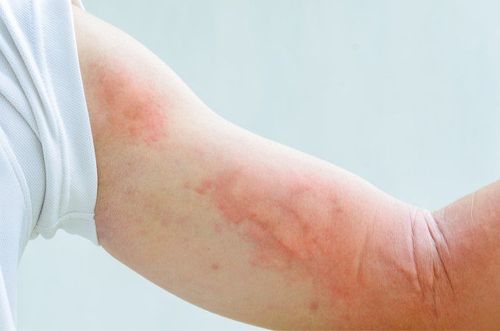
Sống ở chung cư, nhà cao tầng có giảm nguy cơ mắc sốt xuất huyết?
Many families living in apartments or high-rise buildings have a subjective mentality that the risk of dengue infection is lower than those living on the ground.
In fact, in apartments on high floors, the mosquito density may be lower than in other places. However, mosquitoes can live in elevators and follow this route to get to very high floors, especially if there are water reservoirs on them, which are favorable conditions for mosquitoes to lay eggs, multiply and thrive. Moreover, the possibility of dengue fever outbreak depends on the surrounding environment. Therefore, people who often live on high floors also need to implement measures to kill larvae, larvae as well as prevent mosquito bites for themselves, their families and surrounding households.
3. How to detect dengue mosquitoes in your living area
The mosquito that transmits dengue hemorrhagic fever has a black brown color and white stripes on the body (so it is called a midget mosquito). Mosquitoes often reside in and around the house, especially toilets, gardens, and lawns, often breaking out strongly at times of erratic weather, active at dusk such as early morning and evening. Mosquitoes often settle on curtains, dark clothes, rarely on walls.
The above characteristics help people pay attention to detect mosquitoes capable of transmitting dengue in the area they are living, in order to limit the risk of disease. In addition, it is advisable to take proactive measures to prevent mosquitoes, such as checking and clearing water containers, such as tubs, tanks, jars, vases, flower vases, refrigerator water trays or other objects. waste such as coconut shells, tires, bottles, broken water bowls, water jars, natural water holes such as tree holes, ponds, ornamental tanks, feed troughs for livestock and poultry that have not been used for a long time arrive.
To kill mosquitoes that transmit dengue, people can take common measures such as using mosquito nets, mosquito lamps, spraying insecticides, raising fish to kill larvae. In addition, it is necessary to coordinate with local authorities in the deployment of mosquito control in the area around households.
Please dial HOTLINE for more information or register for an appointment HERE. Download MyVinmec app to make appointments faster and to manage your bookings easily.




